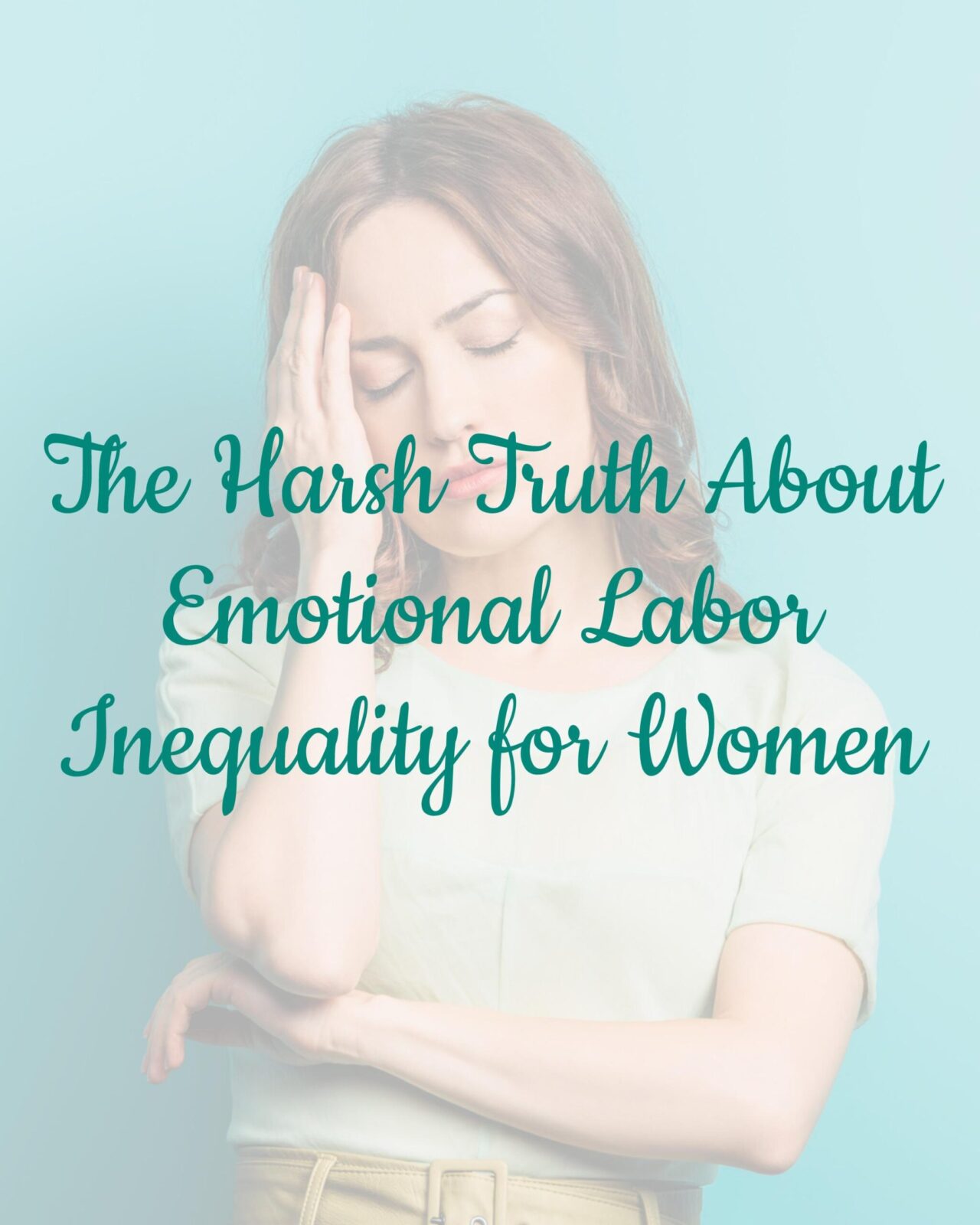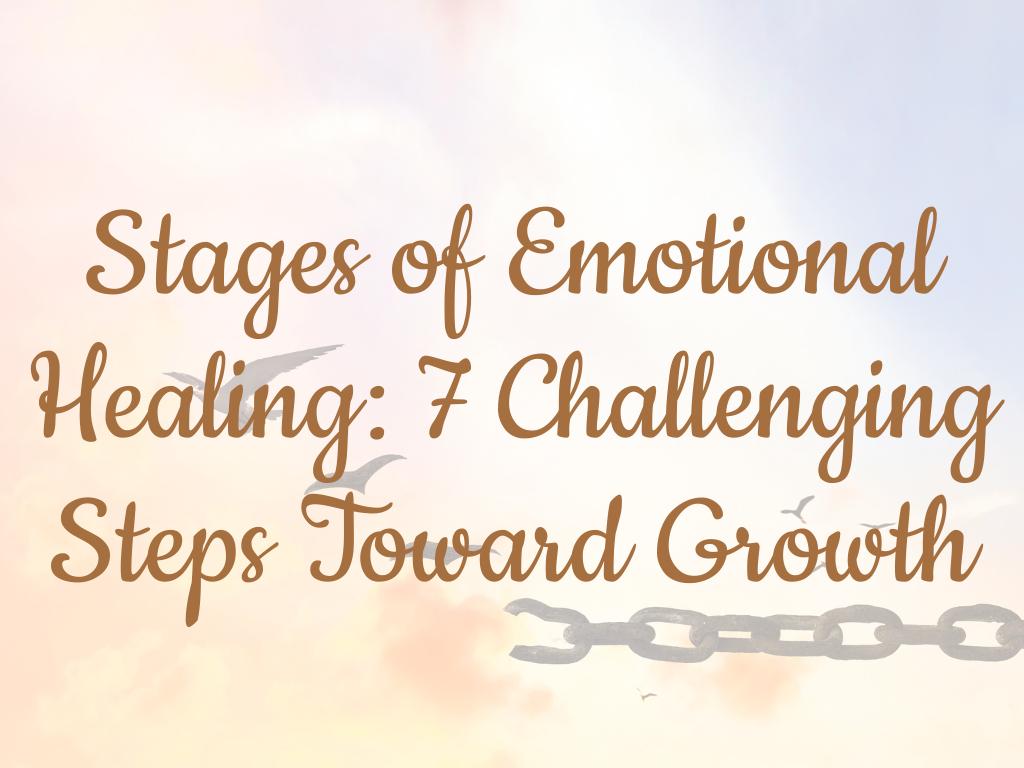A sexless marriage can trigger a complex web of psychological struggles that extend beyond the surface issues of intimacy and connection. While many focus on the absence of physical affection, the deeper emotional battles often go unnoticed.
Here, I explore seven less obvious psychological effects faced in a sexless marriage, shining a light on the hidden emotional landscape.

1. Identity Crisis: Who Am I Without Intimacy?
In a world that frequently ties sexual intimacy to personal value, those of us in sexless marriages may confront a profound identity crisis. We might wrestle with feelings of unattractiveness, worthlessness, and even our identity as a partner.
This struggle typically leads to deep-seated feelings of inadequacy and shame, compelling us to seek validation in unhealthy ways, such as through social media interactions or attention from others outside the marriage.

2. Unraveling of Trust: The Fear of Betrayal
The psychological struggles of a sexless marriage can frequently breed insecurity and suspicion. Partners may spiral into negative thought patterns, wondering if the lack of intimacy hints at infidelity or emotional disengagement.
This erosion of trust can permeate the relationship, resulting in misunderstandings and further emotional distance. As trust wanes, partners may find themselves in a vicious cycle of suspicion, fearing that the other harbors secrets.

3. Stifled Emotional Expression: The Silent Suffering
In many sexless marriages, one partner may feel compelled to hide their dissatisfaction to keep the peace, leading to significant psychological effects. This suppression of emotions creates a breeding ground for resentment and frustration.
Partners typically feel they cannot voice their feelings for fear of upsetting the other, resulting in silent suffering. This emotional repression can make one feel isolated and disconnected, even from their spouse.

4. Diminished Self-Image: More Than Just Body Image Issues
While concerns about body image often arise, a sexless marriage can lead to a broader decline in self-esteem and self-worth. The prevailing narrative that sexual intimacy conveys love and desire can distort how individuals view themselves.
They may start to feel unworthy of love or incapable of fulfilling their partner’s needs, leading to psychological struggles that manifest in various ways, such as withdrawal from social situations or adopting unhealthy coping mechanisms.

5. Paradox of Choice: Confusion About Desires
In the absence of sexual intimacy, couples may wrestle with conflicting desires that contribute to their psychological struggles. They might yearn for the closeness that sex provides but feel ambivalent about pursuing it due to fear of rejection or past disappointments.
This paradox creates confusion, leaving partners unsure of what they truly want. This indecision can breed frustration and a sense of being trapped in emotional limbo.

6. Desire for Connection vs. Fear of Vulnerability
The desire for emotional and physical connection intensifies in a sexless marriage, yet the fear of vulnerability also escalates. The thought of expressing unmet needs can feel overwhelming; partners may worry about being judged or rejected, creating an internal battle that stifles authentic communication.
This conflict exacerbates feelings of isolation and perpetuates avoidance, intensifying the psychological effects experienced by both partners.

7. The Compounding Effect of Time: A Slow Fade
Psychological struggles in a sexless marriage don’t just emerge abruptly; they evolve over time. The prolonged absence of intimacy can gradually erode passion and connection, leading to cumulative psychological effects that feels insurmountable.
Partners may become accustomed to the status quo, convincing themselves that they can live without intimacy-in a “tolerable level of permanent unhappiness.” However, this absence often manifests as a lingering ache of longing, leaving both individuals feeling empty and disconnected.

How Harmful is a Sexless Marriage on the Relationship?
A sexless marriage can inflict deep emotional wounds that frequently extend far beyond the absence of physical intimacy. Initially, partners may rationalize the lack of sex as a temporary phase, but over time, this absence can erode the very foundation of the relationship.
Couples may find themselves drifting apart, as unmet needs lead to feelings of loneliness and disconnection. The intimacy that once bonded them becomes a distant memory, replaced by emotional walls that are difficult to dismantle.

The psychological effects of a sexless marriage can manifest in various detrimental ways. Partners often grapple with insecurities and self-doubt, questioning their attractiveness and worth. This internal turmoil can lead to resentment and frustration, creating a cycle where one or both individuals withdraw emotionally.
As communication breaks down, misunderstandings and assumptions flourish, further widening the gap between them. The couple may find themselves trapped in a negative feedback loop, where the lack of intimacy breeds resentment, and resentment cultivates further distance.

Also, the absence of sexual intimacy can hinder emotional vulnerability, which is vital for healthy relationships. Partners may become reluctant to express their feelings, fearing judgment or rejection.
This reluctance stifles authentic communication, making it difficult for couples to address underlying issues. As they avoid confronting the realities of their situation, unresolved problems can fester, leading to deeper rifts and ultimately jeopardizing the relationship’s longevity.
In essence, a sexless marriage can gradually transform a once-thriving partnership into a mere coexistence, robbing both partners of the emotional fulfillment and connection they desire.

Final Thoughts
Navigating the psychological struggles of a sexless marriage can prove incredibly challenging. Recognizing these less obvious emotional hurdles is essential for fostering open communication and rebuilding intimacy.
Both partners must confront their feelings and vulnerabilities to reignite the connection that initially brought them together.
By acknowledging these psychological effects, couples can go on the path toward understanding, healing, and ultimately reconnecting.

This post may contain affiliate links. I earn from qualifying Amazon purchases at no extra cost to you.






